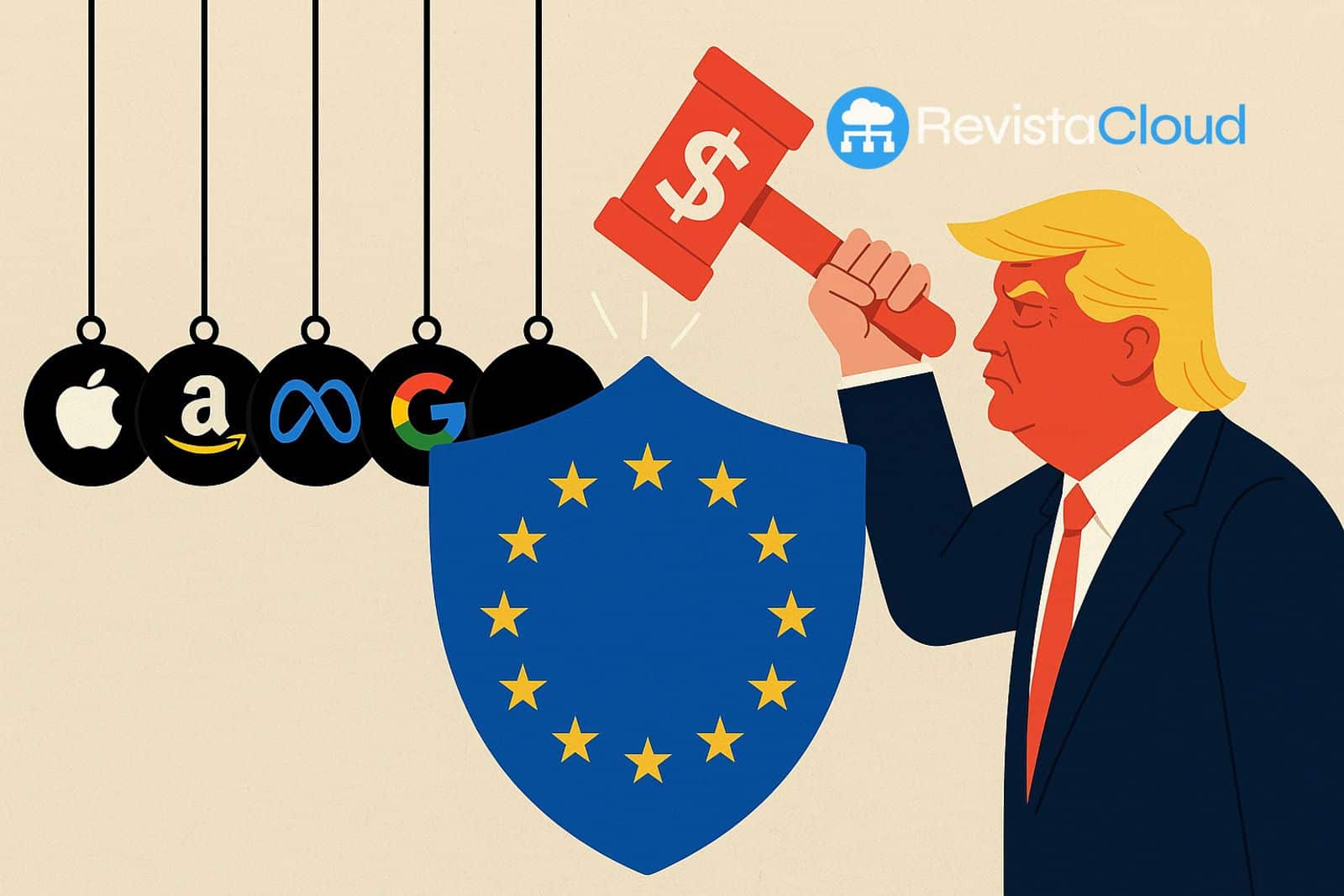The International Trade Court overturns the controversial 10% tariffs imposed by the Trump administration, sparking political tensions and market reactions.
The U.S. International Trade Court has temporarily suspended the application of the 10% general tariffs imposed by Donald Trump last April, deeming them unconstitutional. The ruling, in response to a lawsuit filed by twelve states and several organizations, marks a significant legal setback for the former president and has triggered an immediate reaction in international markets.
Tariffs for national emergency, lacking legal basis
The suspended tariffs were approved through an Executive Order that cited the International Emergency Economic Powers Act of 1977 (IEEPA). The Trump administration argued that foreign partners’ trade practices posed a threat to U.S. national security, thus justifying the imposition of new tariffs on any foreign product or service sold in the country.
However, the court ruled that the IEEPA does not grant the president unilateral authority to impose tariffs, asserting that such power belongs to Congress as stated in the Constitution. The ruling emphasizes that the implementation of fiscal and trade measures of this magnitude requires legislative approval, thereby invalidating the mechanism used by the former president.
Political reaction and economic consequences
The White House, which has already announced its intention to appeal the ruling, has reacted strongly. Stephen Miller, one of Trump’s top advisors, described the decision as a “judicial coup,” criticizing “unelected judges intervening in key decisions for national security.”
The ruling has generated a sense of uncertainty in the tech sector, which largely depends on components and systems produced abroad. The judicial measure also casts doubt on other specific tariffs, such as the 25% tariff on foreign chips, which could significantly alter price projections in the global tech sector.
Elon Musk distances himself from Trump’s “shadow government”
In parallel, it has been revealed that Elon Musk will step down from his position as ‘Special Government Employee’, an informal role within Trump’s unofficial advisory team. The billionaire justified his departure over “fundamental disagreements” with the former president’s fiscal plan, arguing that it “increases the deficit and undermines efforts to improve government efficiency.”
Musk’s announcement represents another blow to the credibility of the so-called “shadow government” led by Trump, in a context already marked by legal controversy and institutional instability.
Uncertainty in global trade
While the ruling represents a victory for advocates of free trade and constitutional mechanisms, the situation is still far from resolved. Trump’s legal team is already preparing its appeal, while the companies affected by the tariffs remain on edge, awaiting further judicial decisions and potential political reprisals.
The suspension, although provisional, sends a clear signal: executive authority in the United States has limits, especially in matters of international trade, and Congress maintains a key role in shaping broad economic policies.

